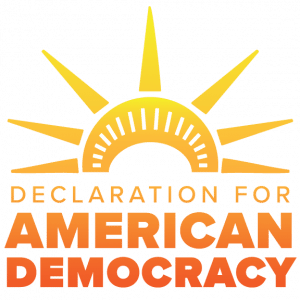This Week in 200 Words
This week, New York is working to end corruption in their state through public financing. Utah passed ballot initiatives to prevent partisan gerrymandering. Virginia Democrats are wrestling with how to ethically fund campaigns. North Carolina is awaiting a decision in a partisan gerrymandering lawsuit. Iowa Democrats are considering “virtual” caucuses to increase participation and engagement.
In other news, Sens. Udall and Heinrich introduced the Fair Elections Now Act to reduce the influence of special interests in Senate campaigns.
Remember to use #AskAboutDemocracy on twitter before the debates this week to encourage moderators to ask questions about democracy reform. We are also excited that Senator Udall and Shaheen introduced the Democracy for All Amendment to overturn Citizens United.
National Updates
Los Alamos Post: Udall, Heinrich Introduce Fair Elections Now Act
The Fair Elections Now Act would help reduce the influence of wealthy donors and big-money special interests by creating a voluntary system of public financing for Senate candidates. Candidates who participate in the Fair Elections process would agree to limit their campaign spending to the amounts raised from small-dollar donors plus the amounts provided by the Fair Elections Fund.
New York Times: Seven 2020 Democrats Pledge to Focus First Bill on Fighting Corruption
Seven Democratic presidential candidates, including Senator Elizabeth Warren of Massachusetts and Mayor Pete Buttigieg of South Bend, Ind., have promised that their first legislation as president would be an ambitious clean-government bill, earning their campaigns an influential reform group’s stamp of approval.
The Eastern Echo: Steve Bullock has an important role in the Democratic primary
Bullock has been combating dark money since his years as Montana’s Attorney General when he led the charge in challenging the controversial case Citizens United v. FEC (2010)….While proponents of the Citizens United decision argue it as a case of free speech, Bullock suggests that “one person, one vote” does not include corporations in its definition of a person. Since Citizens United opens the floodgates for Super PACs and practically eliminates any accountability on the part of these corporations, it is difficult to make the argument that the decision is a victory for everyday Americans.
New York Times: A Plan to End Partisan Gerrymandering
The Supreme Court ruled last month that federal courts cannot rule on cases of partisan gerrymandering, saying that judges are not entitled to second-guess the decisions made by state legislators who draw voting maps. We spoke to one man who has long believed there’s a way to address the issue without the courts.
State Updates
“Iowa’s Democrats are going digital with some of their caucuses for the same basic reasons that government, the private sector, nonprofits, and others tend to go digital: to increase participation and engagement. In the case of the Iowa Caucuses, the stated goal is “increasing caucus participation.” That’s a worthy goal to be sure, just as it is in other contexts where important political and government actors are going digital—for example, the nationwide decennial census is also going digital in 2020…But, as with the census, the tremendous potential of increasing participation by going digital must be matched with appropriate cybersecurity preparations.
North Carolina-LA Times: North Carolina lawsuit to decide if partisan gerrymandering is too partisan
The trial came a month after the U.S. Supreme Court ruled in a separate case involving North Carolina’s congressional map that it’s not the job of federal courts to decide if boundaries are politically unfair. But Chief Justice John G. Roberts Jr. also wrote in the decision that state courts could play a role by applying standards set in state laws and constitutions to the question of political gerrymandering, or arranging election districts in ways that gives one party an unfair advantage.
New York’s system of campaign finance is another source of shame for New Yorkers. Nearly two dozen state legislators and other officials (of both parties) have been convicted of corruption in the past decade. I know you sought election to the State Senate, in part, to change the culture (and the law) that has allowed this situation to fester… One essential component in any effort to eliminate corruption is public financing of state elections. The legislature passed a bill creating a commission to develop a plan, before the end of this year, for public funding of state and local campaigns.
Last November, Utah voters passed three ballot initiatives, one of which was Proposition Four — an anti-gerrymandering initiative that establishes an independent redistricting commission to propose district boundaries for the 2021 redistricting cycle…Citizens in states with constitutional or statutory provisions for ballot initiatives can propose an independent redistricting commission on the ballot. Independent redistricting commissions have passed successfully in Utah as well as Michigan, Missouri and Colorado, and these independent redistricting commissions have been proven to reduce partisan disparities in redistricting.
In a pivotal election year that’s likely to see an unprecedented infusion of cash into political races across the state, Democrats are wrestling with exactly what role PAC and corporate contributions should play in their campaigns. Some members of the party would like to see these contributions reined in, while others, including party leaders, vigorously defend them.

